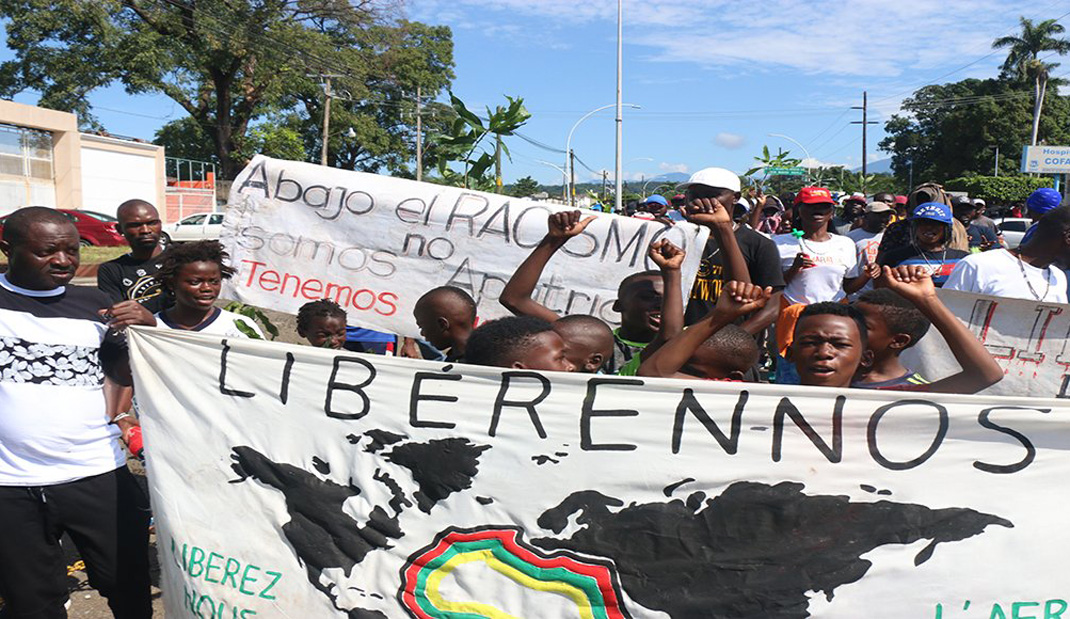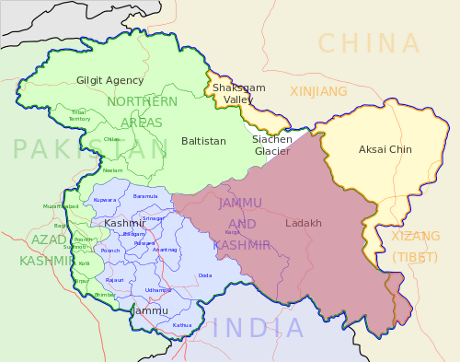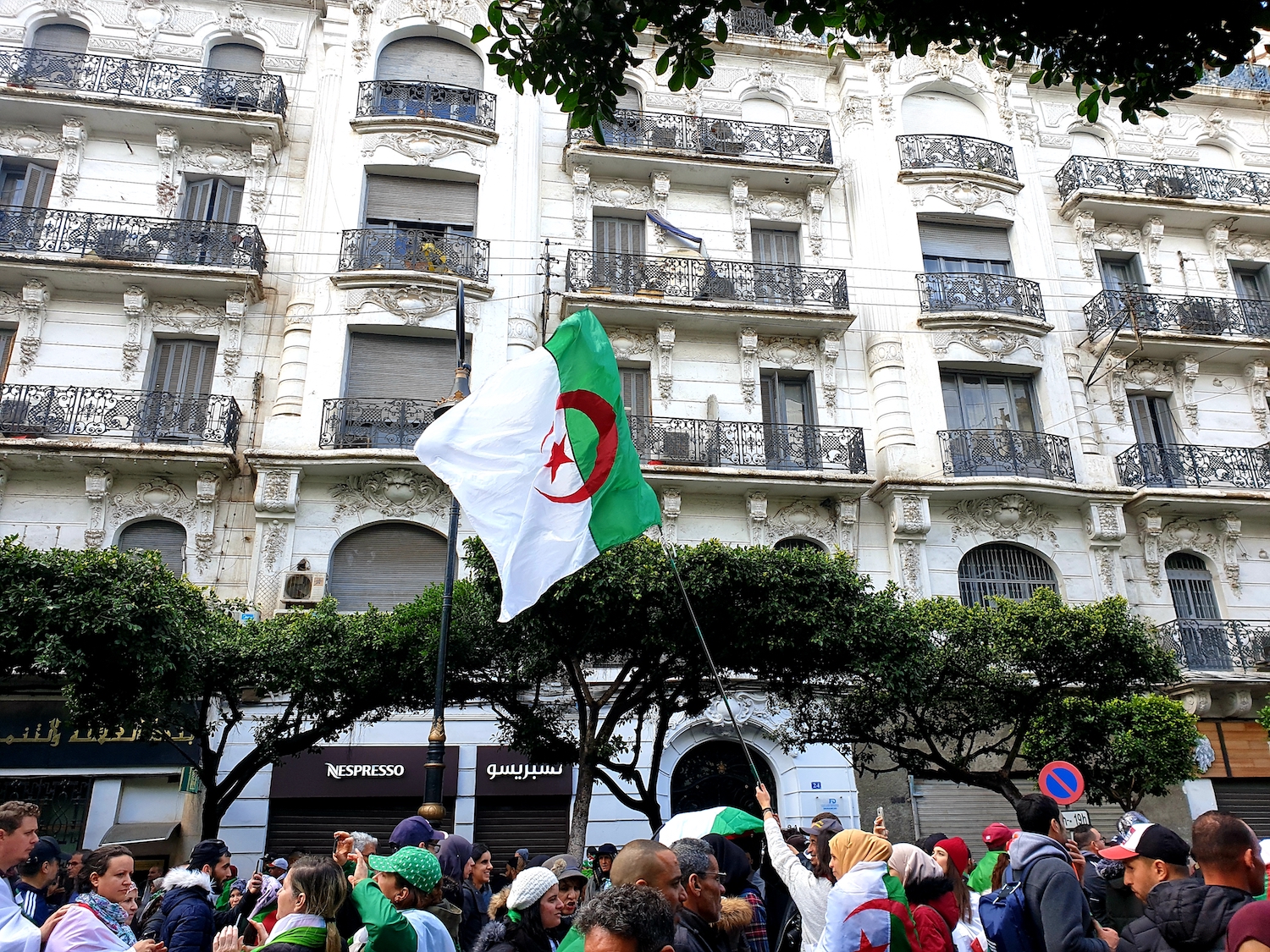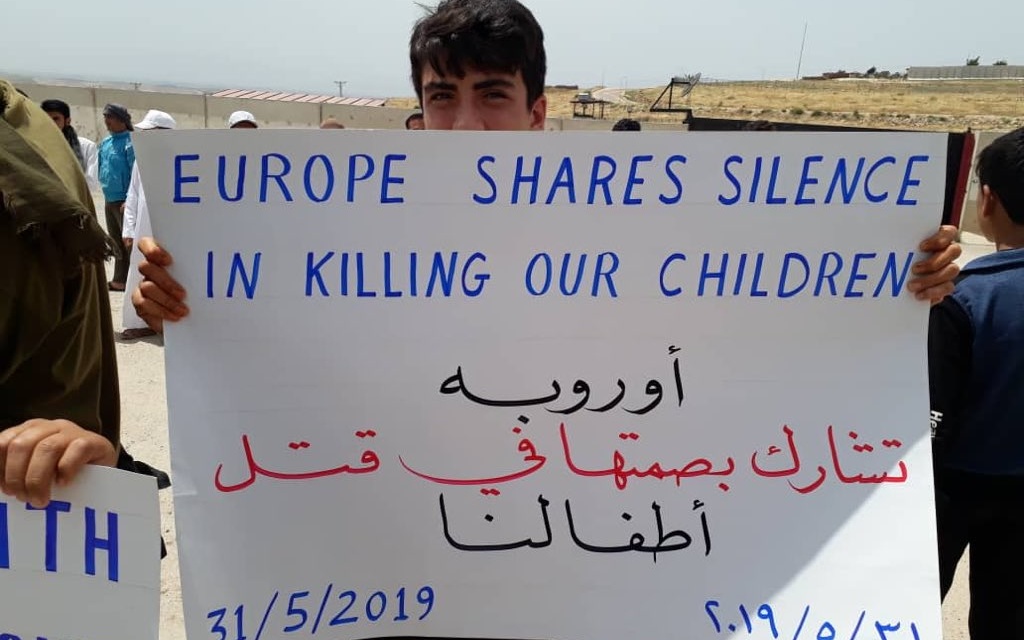
LEFT WAITING IN CHIAPAS
For months, hundreds of African migrants and asylum seekers from conflict-ridden countries like Cameroon and the Democratic Republic of Congo have been camped out in tents in front of the main immigration detention facility in the town of Tapachula, in southern Mexico. Most flew halfway around the world to Brazil, then made the dangerous journey north through the Darien Gap— a remote, roadless swath of jungle—before traversing Central America into Mexico in the hope of finally reaching the United States to claim asylum. Instead, they were detained upon arrival in Mexico, under terms of the new migration agreement between the US and Mexican governments. Melisa Valenzuela reports from Tapachula for The New Humanitarian.
Continue ReadingLEFT WAITING IN CHIAPAS







